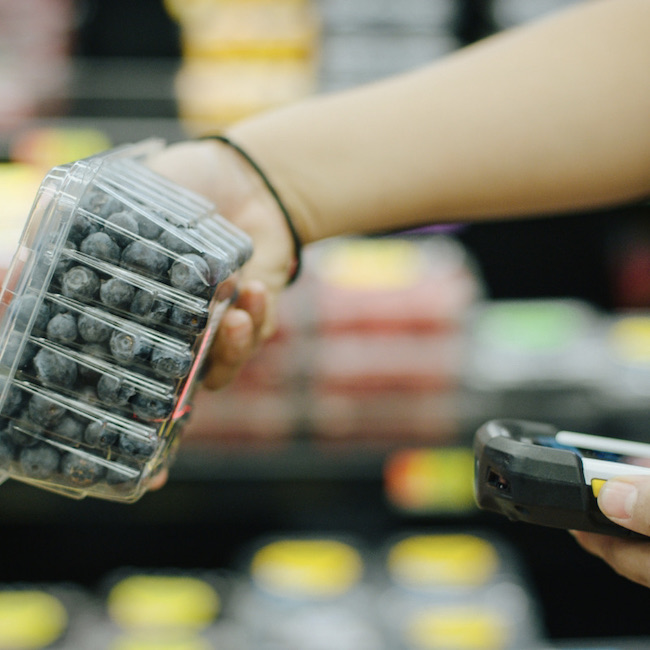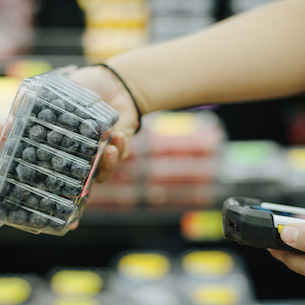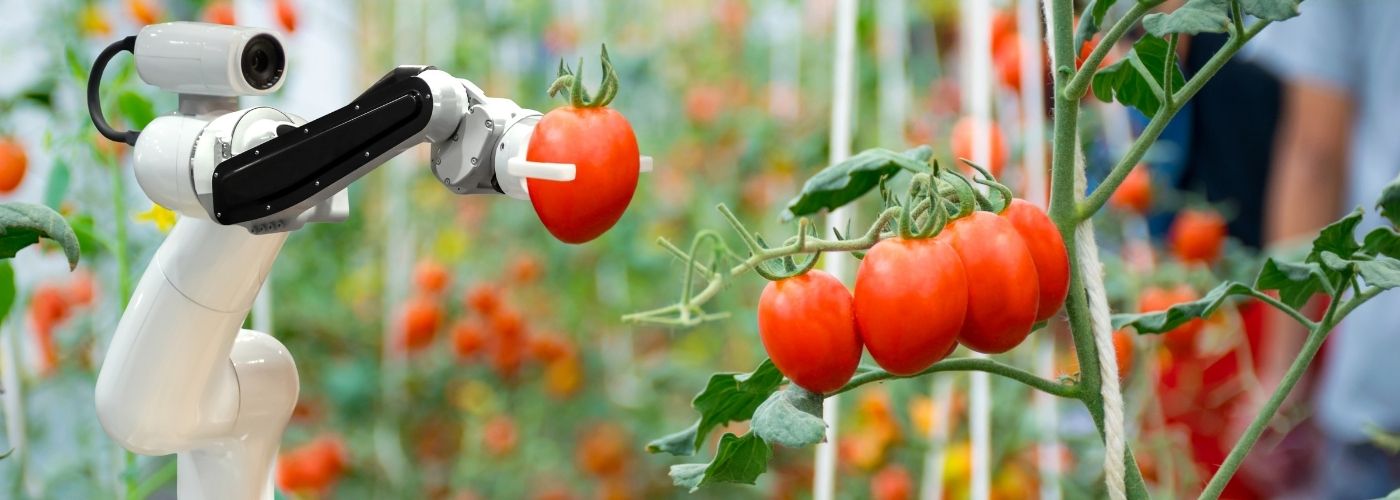.png.transform/rendition-xs/image_image%20(1).png)
Blockchain as Key for Food Security
Blockchain technology was implemented for the first time in the financial sector a few years ago. However, currently, it is also used in many other areas, such as healthcare, smart cities, smart contracts, energy markets, the government sector, and food traceability.
The blockchain is characterized by the security it provides in transactions since it has a decentralized and distributed database that eliminates the presence of intermediaries and whose encryption largely prevents any attempt of cyber-attack. It is a key technology for facilitating applications with data from multiple actors along the entire chain with a high degree of reliability since no agent in the process can modify the information collected by the agent.
The use of Blockchain is the new key in food traceability. It is able to trace products back to the primary source, track where and when they were distributed, and remove the product if necessary. It stops the possibility of fraudulent practices at any of the stages through which the product passes until it reaches the end consumer.
The success in the agrifood value chain of this technology mainly lies in the reliability, transparency, and immutability, together with the speed in finding information about each food product. This enhances consumer confidence, which is especially relevant in today's world where people are more conscious and curious of where their food comes from, whether or how it has been processed, and any other information that offers greater transparency.
Regarding smart contracts via blockchain, this innovative technology makes it possible to program, automate, and simplify regulated transactions within the supply chain without the need for further verification. It also helps to maintain product quality throughout the entire supply chain. For example, a product that exceeded the maximum temperature set during its transportation phases could be automatically prevented from being accepted and paid by the end purchaser.

As these technologies are still in their very early stages as a tool for the sector, some pioneer companies are already working with blockchain technology as their root, such as AgriDigital, an integrated, cloud-based commodity management solution for global agricultural supply chains. Through the use of blockchain technology, distributed ledgers, and smart contracts, AgriDigital helps farmers get paid immediately, brokers save time and money, banks de-risk financing, and consumers experience paddock to plate transparency. Also, TraceFood represents Spain's first company worldwide to develop a specific food traceability system based on Blockchain. They provide all possible traceability elements to their customers through their developed system.
With reference to biotechnology in food safety and food waste, the Spanish startup Oscillum develops smart labels that indicate, in real time, the condition of the product in order to reduce food wastage. Recently, this startup was selected, among fifteen finalists, as the winner of Alimentaria's Innoval award for the startup with the highest projection, and is one of the eight startups that have been selected to participate in Desafía FoodtechProgram 2022.
Furthermore, the giant company IBM is working to achieve a safer food supply chain, founding IBM Food Trust with an alliance with Walmart to use blockchain to improve the traceability of fresh produce.
Overall, blockchain appears very promising in the agrifoodtech industry. Nevertheless, it is still an untapped market where much innovation needs to be done.







